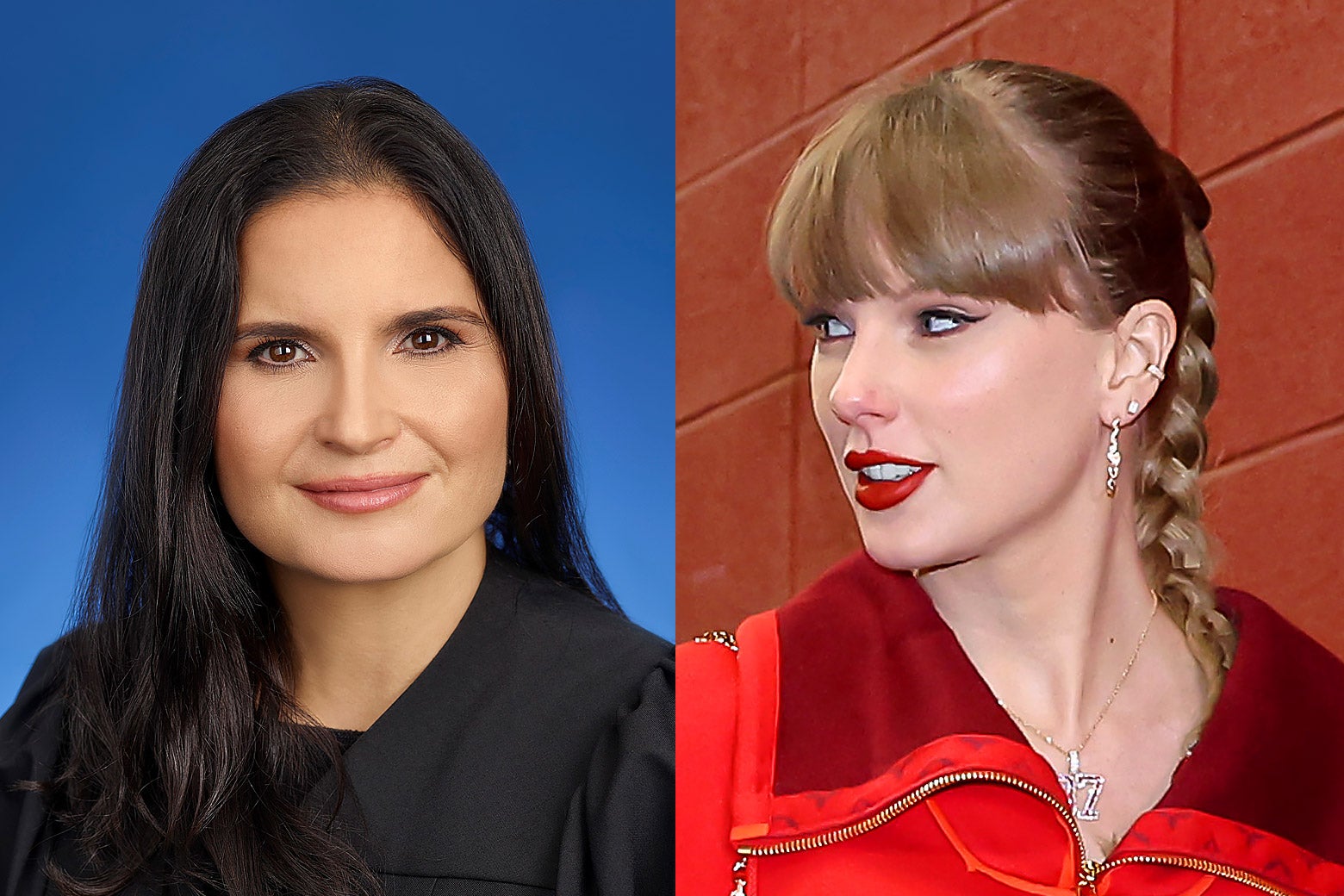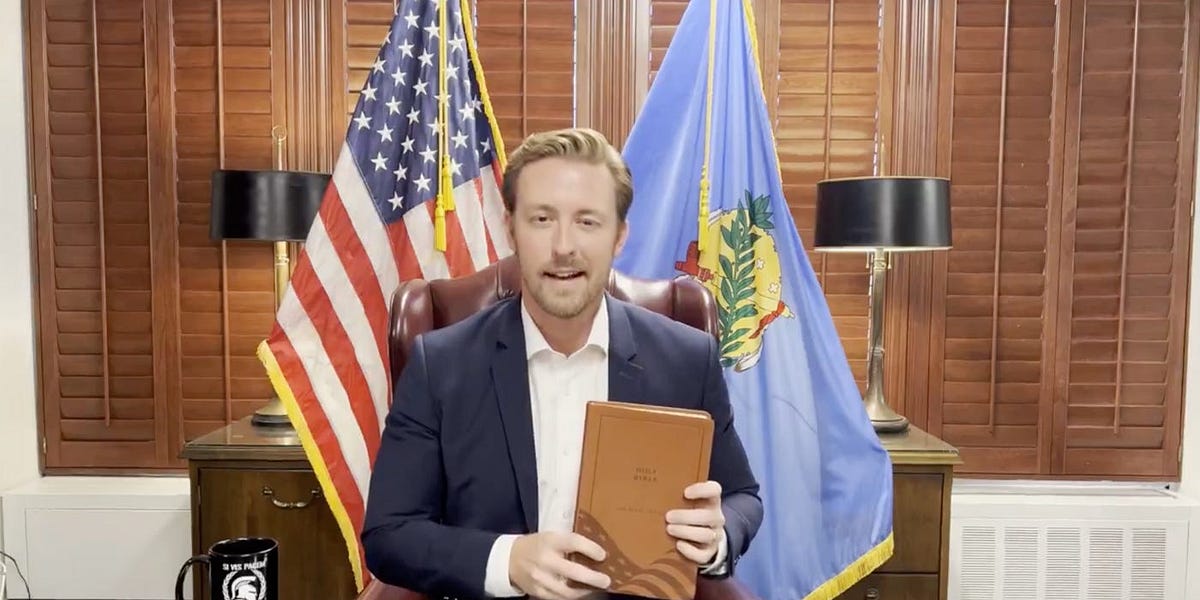Sign up for the Slatest to get the most insightful analysis, criticism, and advice out there, delivered to your inbox daily.
Back in July, U.S. District Court Judge Aileen Cannon made headlines when she made the shocking decision to dismiss special counsel Jack Smith’s classified documents case. (Experts had previously considered it the strongest of all the criminal cases against Donald Trump.)
That controversial move capped off several months of decisions that drew scrutiny for being remarkably favorable to Trump—leading some legal experts to speculate that Cannon has been basically auditioning for a spot on the Supreme Court, should one open in the next four years. (And given Trump’s track record for rewarding people who’ve been helpful to him, it doesn’t seem that far-fetched.)
She seems like someone to keep an eye on as we head into the second Trump administration. So what has she been up to lately?
Potentially Headed to the White House
Multiple anonymous sources familiar with the Trump transition told ABC back in October that Cannon had landed on a list of people the Trump campaign was considering for potential jobs in the next administration. The document detailed potential names for the White House counsel’s office, the Department of Justice, the FBI, U.S. attorneys’ offices across the country, and more government agencies.
Trump appointed Cannon to the federal bench in 2022, and from the outset of the classified documents case, she issued decisions that slowed down prosecutors’ investigation and entertained far-fetched legal theories put forward by Trump’s attorneys.
Trump publicly praised Cannon’s handling of the classified documents case, describing her as “very smart and very strong.” However, despite Trump announcing a slew of nominations recently, including his defense attorneys for top jobs at the Justice Department, Cannon has so far not been picked for any Trump administration role.
The Mar-a-Lago Attempted Assassination Case
The Southern District of Florida randomly assigned Cannon to preside over the trial of Ryan Routh, the Florida man charged in an assassination attempt on Trump. Back in September, Routh was allegedly staked outside Mar-a-Lago armed with a rifle with the intent of shooting Trump while he played golf.
The Secret Service caught Routh before he pulled the trigger. He faces five counts, including two gun-related offenses and possession of a firearm while a convicted felon. Routh’s attorneys have asked that Cannon recuse herself, given her history with Trump. Having Cannon presiding over this case “might create an appearance of partiality in the mind of the public,” Routh’s attorney said, according to CNN. “Accordingly, the Constitution and the federal recusal statute require Your Honor to recuse herself from this case.”
But Cannon refused to recuse herself; “I have no control over what private citizens, members of the media, or public officials or candidates elect to say about me or my judicial rulings,” she wrote. “I have never spoken to or met former President Trump except in connection with his required presence at an official judicial proceeding, through counsel.”
A Taylor Swift Copyright Case
Cannon is the judge in a lawsuit brought by Florida woman Kimberly Marasco, who claims Taylor Swift used her poetry in some of her songs and copied her choreography without giving her credit. Marasco is seeking $7 million in damages.
In her lawsuit, Marasco alleges that Swift copied her poetry when writing her albums Lover, Folklore, Midnights, and The Tortured Poets Department. She also claims Swift’s choreography is “strikingly similar” to a dance Marasco says she created that includes a chair. Swift’s legal team has denied these allegations.
Cannon initially directed Marasco to serve Swift her lawsuit by Nov. 19, adding that it could not be done through public means like advertisements in magazines or billboards. But Marasco told Cannon that she’s been unable to serve the pop star since Swift has been on her global “Eras” tour for the past year and half, and Marasco doesn’t know her personal address.
Marasco asked Cannon for an extension, which the judge granted. Marasco has until Dec. 20 to serve Swift, and if she still can’t get through to the pop star, Cannon said she would dismiss the case. Marasco tried convincing Cannon not to go that route, arguing it would be “unfair and waste judicial resources, especially since the plaintiff has made every effort to serve the defendant.”
Cannon has also asked Swift’s attorneys to address all of Marasco’s arguments about the alleged copyright violations, “addressing each of the statutes in question in detail based on the record presented.”
















